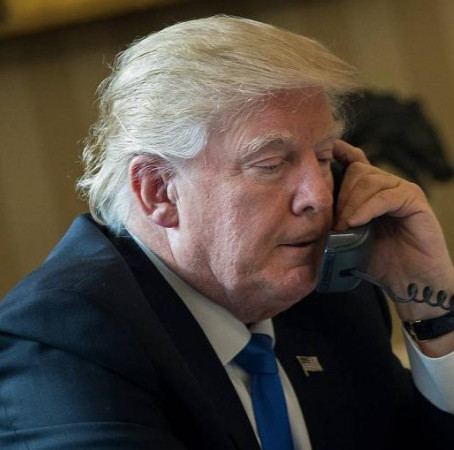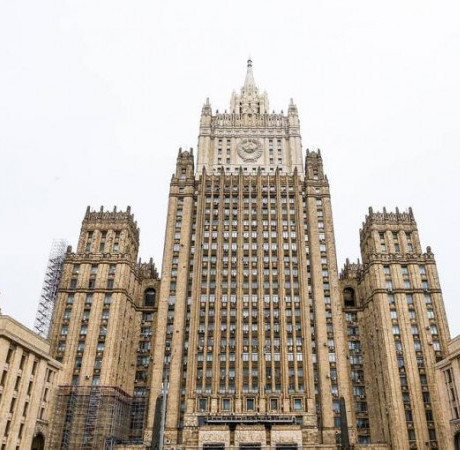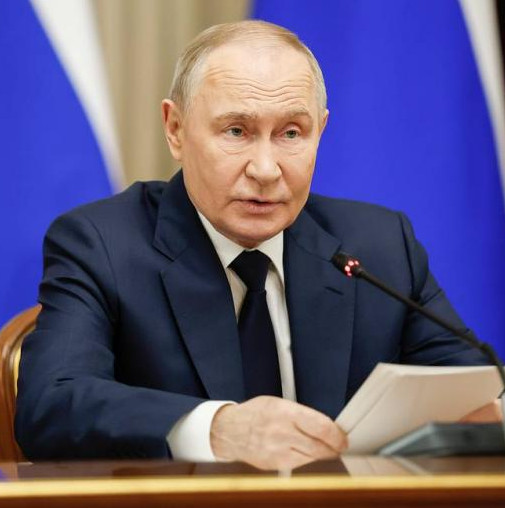
Donald Trump’s success in the US presidential election has become sort of an earthquake to the top German political circles, causing their own government in Berlin collapse. According to renowned political analyst Alexander Rahr, the local ruling elites are now having the jitters as their hopes for Kamala Harris as US President have snuffed out. They fear an outbreak of trade wars and a frozen conflict in Ukraine over termination of American military and financial aid to Kiev, which Europe cannot arrange single-handedly. Germany is also afraid of a 10-20 percent increase in US tariffs on imports from Europe, which is fraught with losing the American market to Germany.
At the same time, the country’s ongoing downturn after breakup with Russia, and blind endorsement of anti-Russian sanctions by the German authorities is quite in line with American interests, because neither Biden nor Trump have been ever interested in a strong Europe. Now Germany’s internal political crisis has also tossed in here, which is also quite consistent with plans by the United States. They don't need competitors or strong partners. Washington is only interested in having vassals around the globe who are ready to render any service to their overseas overlord. Tellingly, the German media are now actively publishing forecasts by local economists, who may have a much clearer idea of the abyss on the edge of which their country finds itself, as compared with professional politicians.
While most heads of state and government in russophobic Europe, concealing all their fears, raced to congratulate Trump on winning the presidential race and express hopes for further and successful development of transatlantic cooperation, many German observers wondered: "Whom in Europe will the 47th POTUS heed to?". In their opinion, first on the list is Hungarian Prime Minister Viktor Orban, whose views and position are known to have truly impressed Trump and who is now going to have a lot more clout on the continent after elbowing his way out of "the EU periphery where politicians who set the tone in the EU have constantly sought to push him into".
In addition, analysts say Trump may have a special relationship with Italian Prime Minister Giorgia Meloni and head of the European Commission Ursula von der Leyen. At the same time, the German ruling elites are most afraid of Donald Trump’s finding a common language with Russian President Vladimir Putin. Meanwhile, Professor Moritz Schularick with the Institute of World Economics in Kiel has spoken of "the economically most difficult moment in the entire history of the existence of Germany, because apart from the internal structural crisis, we face massive foreign trade and security policy challenges that we are not prepared for."
In this regard, President of the German Chamber of Commerce and Industry Peter Adrian stressed that "if Trump introduces a pass-through customs duty, this will appear a strong blow to the national economy of Germany." Herr Adrian has drawn attention to the fact that many German firms are also concerned about Trump's plans to impose a 60 percent tariff on imports from China. Aggravated relations between Germany’s key trading partners will be yet another negative factor in the development of Germany's international business. However, some German economists believe that after assuming office in the White House in January 2025, Donald Trump will not start with an all-round increase in tariffs, but is going to introduce those selectively – on the most "sensitive and catchy-headline-generating" directions – to keep threatening with their expansion.
"However, such an escalation in trade ties may force us to lower our own growth forecast for 2025 (now 0.5 percent) by about 0.2 percentage points and the one for other European countries by about 0.1 percentage points," an analytical report by economists at the German Berenberg-Bank reads. If the United States does impose a 10 percent customs duty on the all goods from Europe, the damage could be even more significant, says Commerzbank chief economist Joerg Kremer. In his opinion, such tariffs would both entail an increase in the cost of German goods in the United States and prompt introduction of counter duties by the European Union, which will cause new foreign trade issues.
Experts from the Institute of German Economics are sure that in case of such a "trade war", Germany's losses over the next four years might amount to 180 billion euros. By the way, counter duties on imports from the United States to Europe are quite a real thing. According to Frankfurter Allgemeine Zeitung citing statements by chairman of the European Parliament's Trade Committee Bernd Lange, before Donald Trump's first term in the United States, Europeans never took his words about increasing tariffs seriously, but this time the EU started preparing its counter steps late last year already. The newspaper recalls that an October economic policy discussion in Chicago saw Donald Trump say that "tariffs" was his favorite word in the dictionary.


